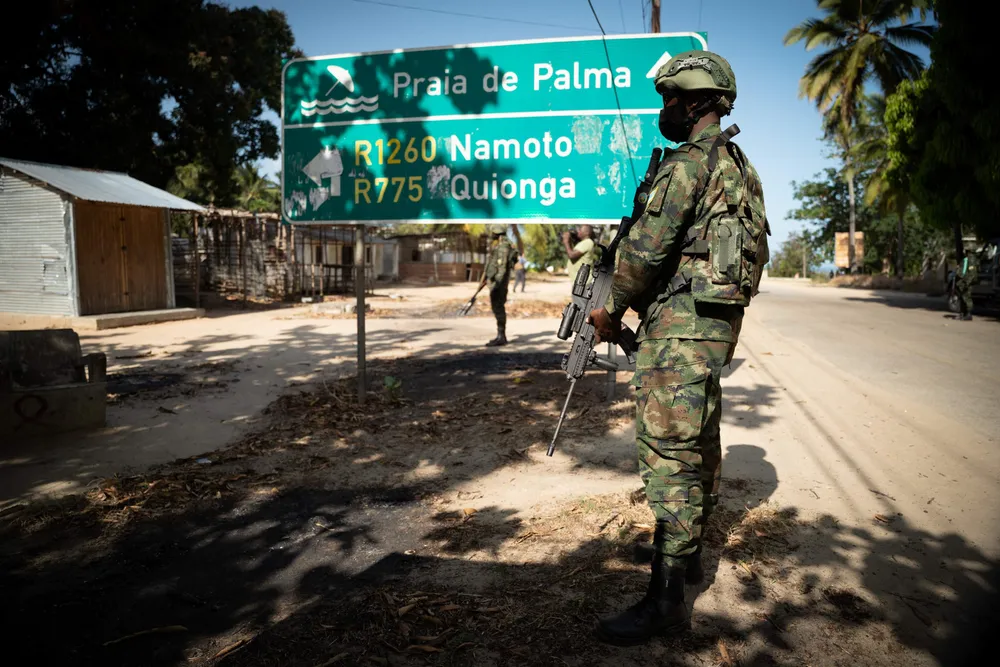Mozambique LNG: no decision on project revival despite counter-insurgency successes in Cabo Delgado
Patrick Pouyanne, chief executive of TotalEnergies, wary of mobilise to ‘demobilise’ scenario

Patrick Pouyanne, chief executive of TotalEnergies, wary of mobilise to ‘demobilise’ scenario
